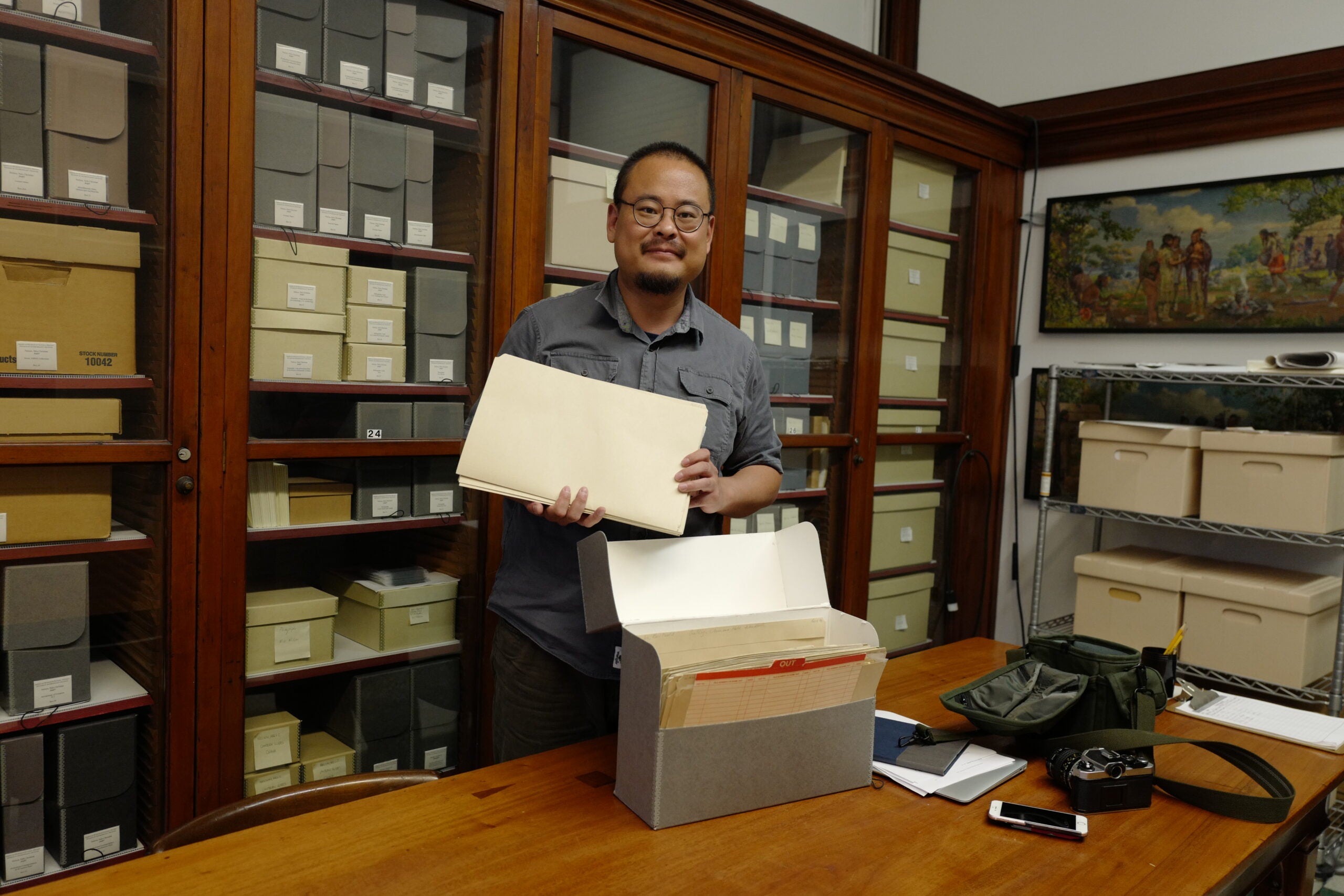As more sophisticated playback methods and Internet-based multimedia platforms became widespread in the last decade, so a new batch of historical Chinese recordings became digitised and available online. Highly acclaimed for their ethnographic recordings from early 20th century China, these collections incited a sensation and fierce debate among scholars, performing artists, and cultural entrepreneurs in the recordings’ place of birth. In this talk, ethnomusicologist and archivist Xiaoshi Wei will introduce the practices of (re)discovering, interpreting, and publishing early Chinese sound collections by himself and his colleagues across China and the U.S. Taking examples from the Berthold Laufer, Paul Georg von Möllendorff, and Sir Robert Hart collections, he will elucidate 1) the collaboration between international institutes, driven by archivists’ common enthusiasm for “returning” sonic heritage to its country of origin; and 2) the relevance of these archival projects to their counterparts worldwide, particularly in regard to the early wax cylinders. Since these recordings have been copied and made available on various historical sound media, and thus used in different ways across different ages, the speaker will reflect on how this recent “re-discovery” compares to earlier work on the same collections, exploring the way this work has intersected with different historical paradigms of studying Chinese music.
Bio
Xiaoshi Wei holds a PhD degree in ethnomusicology from Indiana University, and is currently a research associate at SOAS, University of London. His research focuses on historical recordings, sound archives, and legacy collections in China and the Turkic-speaking world. He also directs the China Database for Traditional Music in Beijing, and conducts various archival projects with sound archives in Turkey and the U.S. In 2024, as an Asian Cultural Council fellow, Xiaoshi is working on his latest project, “Across the Bering Strait: Archival and Field Research into the Historical Sound Recordings from the Jesup North Pacific Expedition”.
